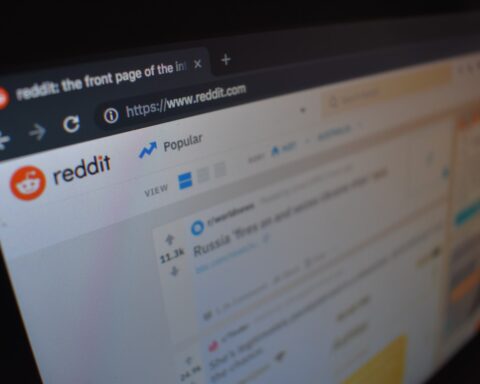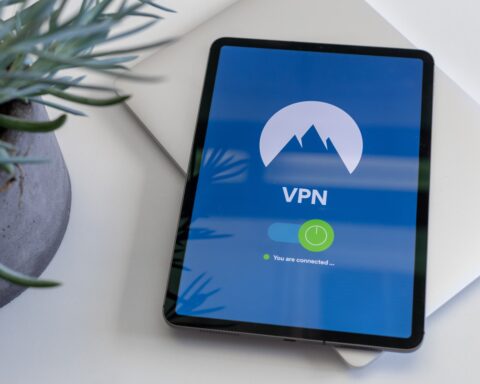Facebook is one of the largest social networks in the world, with over two billion accounts, making it a target for black hat hackers. Facebook also has a real name policy, meaning you have to use real information when setting up an account. If someone is hacking Facebook, there is a high probability that your personal information is compromised and can be used for other things.
Discover the top five most common ways cybercriminals are trying to hack your Facebook account.
Phishing
You would think people have stopped falling for phishing attempts. However, that is not the case.
Phishing usually starts with an email sent to you from what looks like Facebook Support. The email asks you to log in to your account for some reason. The hacker has created a fake login page that looks very close to the original. That is where the email will direct you. Once you put in your login credentials, it saves them. Just like that, the hacker has your information.
The best way to prevent this is not to click on unknown links and to check carefully whether emails you receive are real or not. Also, turn on phishing blockers on your browser.
Using a Keylogger
Keyloggers are much more rampant than most of the other strategies in this guide. A keylogger records all the keys pressed on a keyboard.
To hack a Facebook account password, hackers create a keylogger server that will run on the victim’s machine, capturing all keystrokes and emailing themselves the records. Keyloggers are spread through malicious websites, pen drives, and USB hard drives.
A keylogger is particularly dangerous because it can steal sensitive information like bank credentials and other personal information. To learn how to detect a keylogger on your device, check out our guide here.
Plain Password Stealing
Plain password stealing is a common method for Facebook hacking. Therefore, it is important to be aware of this technique.

A hacker targets a poorly secured website and hacks their database to steal people’s plain usernames, passwords, and other personal data. That especially works on sites that allow users to sign up or sign in using their social media credentials. Also, most people use the same passwords across different websites, which means if hackers have access to one database, they have access to all your accounts, including Facebook.
To prevent this kind of hack, try not to sign up with your social media credentials on low-quality websites. Some of these sites just store your details in their database without even thinking about encryption or security.
Another way to protect yourself is to set unique passwords. Do not use the password used on your Facebook account and any other meaningful site for another website/portal.
Corrupted Browser Extensions
This hack comes from downloading harmful browser extensions. You are often prompted to download some browser add-on when you visit malicious websites. Some of these add-ons were created by hackers to be able to control your computer or gain access to your data. Also, these browser add-ons can enable the hacker to perform actions like posting status updates on your wall or liking a Facebook page.
The way to protect yourself from this, do not trust any third party websites hinting that you add a browser extension. You should only install an add-on from the browser store, and only trusted publishers. Ensure you monitor activities on your Facebook account from time to time too, using the Activity Log.
Social Engineering
Social engineering is information gathering on a person and using that information to gain access to the person’s account. Someone who knows enough about you may be able to get into your account by guessing your password.
A simple way to avoid almost all the hacking tactics listed here is to enable two-factor authentification on your Facebook account. If you set up two-factor authentication, Facebook would ask you to enter a special login code or confirm your login attempt each time anyone tries accessing your account from a computer that Facebook doesn’t recognize.









